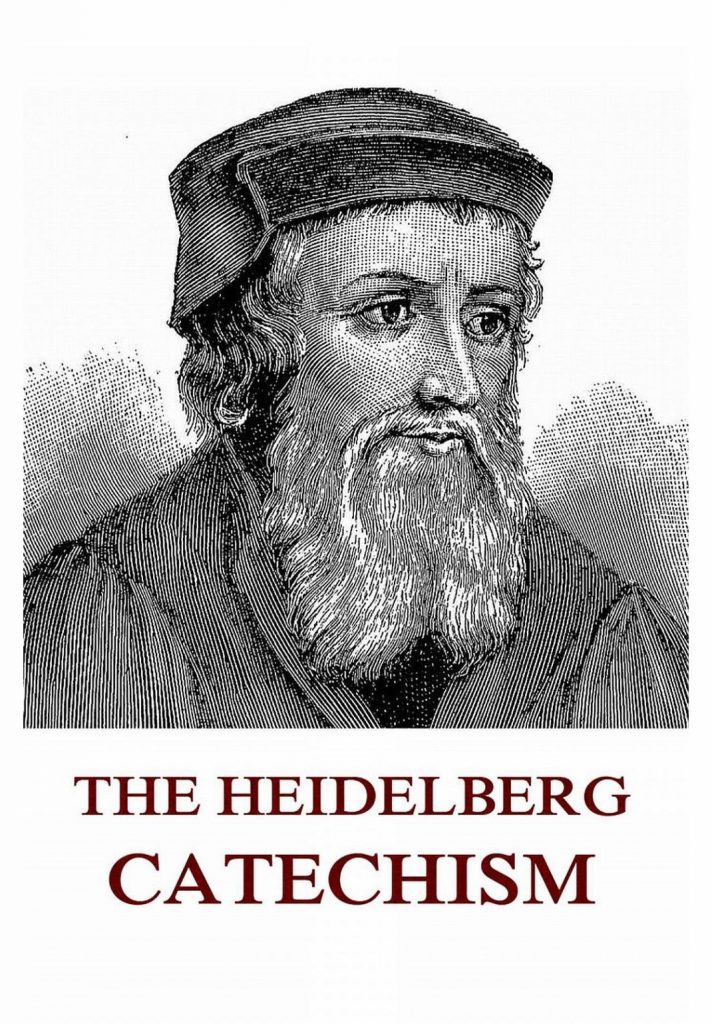

But mere external rites can neither cleanse nor quiet the consciences of men nor will God be mocked with such offerings.

Hypocrites, both within and without the church, as Jews, Pharisees and Mahommetans, seek a remedy against death in their own merits, in outward forms and ceremonies. And it has well been said by a certain one, that virtues cannot be considered the highest good, since we have them witnesses of our calamities. It is true, indeed, that the honor of virtue is immortal, and, as the Poet says, survives men’s funerals but it is rather with others than with ourselves. But the highest good after which we seek never fades away–no, not in death. But all these things are transitory, and are either lost already in life, or they are at best interrupted and left behind in the hour of death.

The Epicureans place it in sensual pleasure the Stoics in a proper regulation and moderation of the affections, or in the habit of virtue the Platonists in ideas the Peripatetics in the exercise of virtue whilst the ordinary class of men place it in honors, riches, and pleasure. Without the word of God, however, to direct and reveal the truth, there are almost as many opinions entertained as to what this highest good is, as there are men. And as consolation is here to be sought against the greatest evil, which is sin, and eternal death, it is not possible that any thing short of the highest good, can be a sufficient remedy for it. The good therefore, which we oppose to the evil, must necessarily be great, and certain, in proportion to the magnitude of the evil with which it is contrasted. This is from his introduction to Lord’s Day 1 and Q&A 1, on the Christian’s one and only comfort.Ĭomfort is that which results from a certain process of reasoning, in which we oppose something good to something evil, that by a proper consideration of this good, we may mitigate our grief, and patiently endure the evil. You will want to bookmark this site as a resource to use this year as well as for future reference.Īs part of our on-going commemoration of the “HC” this year for her 450th anniversary, we take a quote from this commentary of Ursinus today. This “hypertext version” prepared by Tim Naab is taken from the 2nd American edition translated by Rev.G.W. I may have noted this previously, but in case I haven’t, you may find the full commentary of Zacharias Ursinus on the Heidelberg Catechism on the website linked above (The title is all in caps.).

THE COMMENTARY OF DR ZACHARIAS URSINUS ON THE HEIDELBERG CATECHISM.


 0 kommentar(er)
0 kommentar(er)
